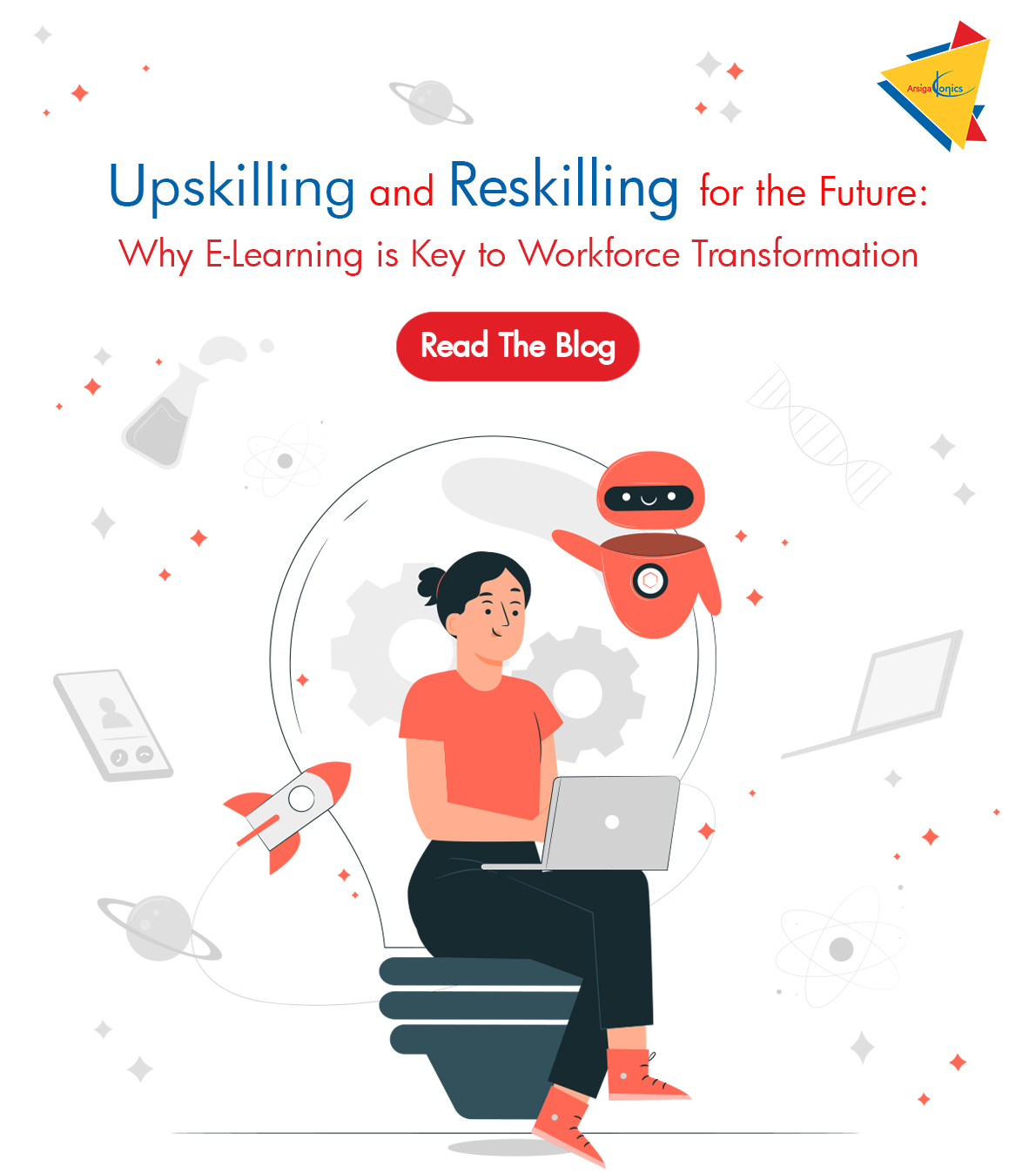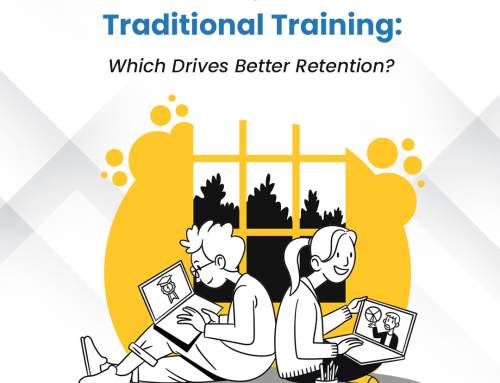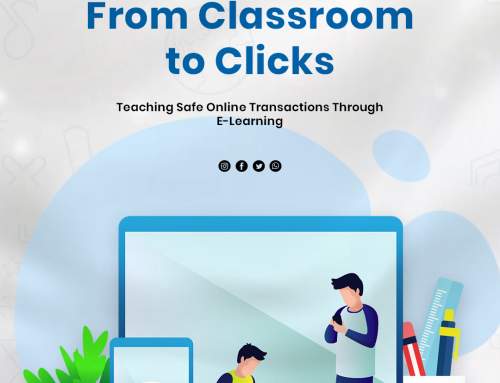The world is changing rapidly and along with this, the work environment too is evolving at a fast pace. The technology is becoming more and more advanced and automation is the new norm. This is leading to change in market demands and in order to meet these ever-evolving demands new skills are required. This has given birth to the terms upskilling and reskilling.
Upskilling entails learning additional skills whereas reskilling means learning completely new skills. This skill upgradation has become the need of the hour to stay ahead of the curve, for both the employers as well as the employees.
Upskilling and reskilling are powered by e-learning and constant upgradation of skills to make sure that the business houses as well as individuals remain in this race of ever-evolving demands of the market. Jobs across different business sectors are hugely influenced by the latest trends of automation, globalisation and AI.
“According to the World Economic Forum, by 2025, 50% of all employees will need reskilling, and over 90% of businesses are accelerating digital transformation efforts.”
Upskilling and reskilling are both important to meet the current market demand for existing skill enhancement and new skills required for a career shift. Upskilling and reskilling help to keep abreast of the latest technologies, lessen the effect of automation, and open up avenues for career growth.
So, how does e-learning revolutionise upskilling and reskilling?
Online learning offers the advantage of learning from any place at any time and at your convenience. This flexibility is a boon to the working community, allowing them to work as well as learn new skills or upgrade existing ones.
Further, e-learning offers easy accessibility to world-class courses, as these courses are available online and can be accessed anywhere in the world regardless of geographical distances. Employees residing in remote areas can do the same training as employees in the main cities. Unlike classroom training, e-learning turns out to be a cost-effective learning platform as it does not incur travel expenses or the cost of buying expensive textbooks.
Companies having offices at multiple locations benefit from e-learning as training can be conducted across different locations at the same time, resulting in upskilling of the workforce simultaneously. As businesses grow and technology keeps on evolving, upskilling and reskilling becomes a way of life for employers and employees to remain in the race of constant change.







Leave A Comment